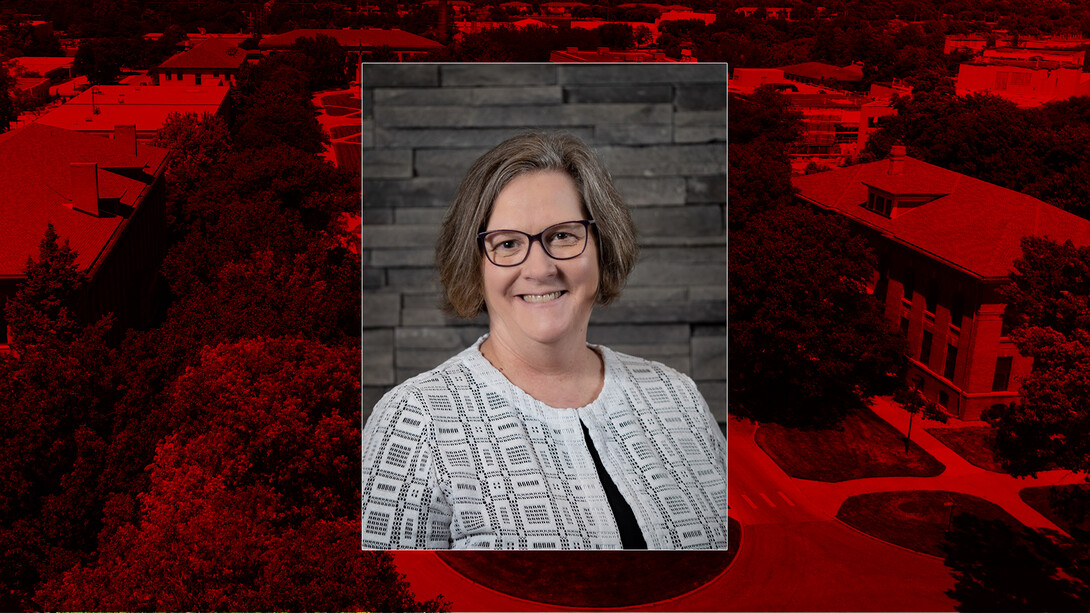
About Sherri
I grew up on a farm near Clatonia, Nebraska, graduated from Wilber-Clatonia High School and obtained all of my college degrees from the University of Nebraska Lincoln. At UNL, I trained as a clinical audiologist and hearing scientist. After graduating from UNL, I worked for 10 years at the University of Missouri School of Medicine in Columbia, Missouri and another eight years at East Carolina University in Greenville, North Carolina. At both of these institutions, I taught courses, provided or supervised clinical services and did basic research on the effects of genetic mutations on inner ear function. In 2012, I returned to UNL to chair the Department of Special Education and Communication Disorders (SECD), and in 2019, I was appointed Dean of the College of Education and Human Sciences.
What is your position at the University of Nebraska-Lincoln?
I am the Dean of the College of Education and Human Sciences.
What drew you to the University of Nebraska-Lincoln?
When I decided that I wanted to enter administration, I wanted to lead a department that could impact individuals and families who experience a broad range of disabilities, and SECD at UNL was the one department that could do that. The work in SECD addresses learning and behavior challenges, speech and language challenges, and sensory differences including hearing, vision and vestibular (sense of balance). And, the research, teaching and service/outreach in SECD encompasses the lifespan. I found the College of Education and Human Sciences and the university to be highly collaborative with many supports to nurture and develop faculty and students for successful careers.
What aspect of working in an educational setting do you enjoy the most?
I love learning and discovering alongside faculty, staff and students and making connections across disciplines. I also really enjoy helping people be successful.
What do you consider your greatest achievement?
My research was focused on the effects of genetic mutations on inner ear function. We had good tests for the auditory sensory organ, but we did not have good tests to study the vestibular portion of the inner ear. I refined a test technique that was being used in birds so it could be used noninvasively in small mammals, specifically mice. With auditory and vestibular tests available to us, we could test both hearing and vestibular function in genetic mouse mutants and understand how mutations have differential effects on the two inner ear sensory modalities. The technique I developed has been adopted in labs around the world to study all kinds of questions about inner ear vestibular function (e.g., aging, hair cell regeneration, etc.). I continue to help researchers become proficient in the test methods I developed, and I’m pleased that we now have more direct measures of vestibular function for physiological research.
What is something that most people don't know about you?
I am the youngest of seven children including my identical twin sister.
What is your life like outside of work?
My time outside of work revolves around family. I enjoy spending time with my husband. I like to cook. Our children who live nearby join us for dinner during the weekends. During the pandemic, my husband’s family started a weekly zoom trivia game, which we continue to join in on once a month.







